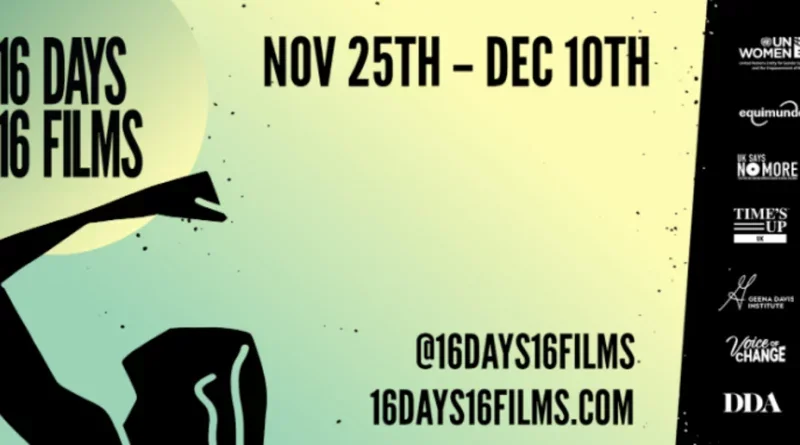16 DAYS 16 FILMS 2025
2025 WINNERS ANNOUNCED
Click here to download our final press release and view our 2025 festival winners.
Thank you to all our 2025 submissions! And congratulations to the 16 finalists of 2025. We are pleased to announce we will be screening the following 16 films:
Don’t be late, Myra dir. Afia Nathaniel (Pakistan)
The Truck dir. Elizabeth Rao (U.S.)
Leaving Yellowstone dir. Kayla Arend (U.S.)
FUCK THEM ALL dir. Polina Biliaieva (Poland, Ukraine)
Hope is Lost dir. Eno Enefiok (North Macedonia, UK)
MANGO dir. Joan Iyiola (France, UK)
Contractions dir. Lynne Sachs (U.S.)
Mother’s Skin dir. Leah Johnston (Canada)
The Awakening dir. Sumi Mathai (India)
She’s Asking For It dir. Natalia Zajączkowska (UK)
Tiny Movements dir. Laura Sweeney (U.S., UK)
Measurements dir. Marta Capossela (Italy)
Where We Stop dir. Rachel Coburn (UK)
A Move dir. Elahe Esmaili (Iran)
CHICKEN BROTH SOUP dir. Deniz Büyükkırlı (Turkey)
Bird Woman dir. Tokio Oohara (Japan)
Click here to see our wonderful 2025 Jury.
Download our 2025 finalists and jury here.
16 Days 16 Films, in partnership with UN Women, UK Says No More, Equimundo, Screening Sexual Violence, Organic, Spotlight Initiative, Time’s Up UK, Olivela, and the Geena Davis Institute, are holding an open call to female-identifying filmmakers for submissions of short films inspired by 16 Days of Activism Against Gender-based Violence, which runs from 25th November to 10th December, between International Day for the Elimination of Violence Against Women and International Human Rights Day.
16 Days of Activism Against Gender-based Violence is an annual campaign, which has run since 1991, and has 164 countries and 3,700 organisations involved. It uses the 16 days between International Day for the Elimination of Violence Against Women (25th November) and International Human Rights Day (10th December) to reinforce that eliminating all forms of violence against women is a human rights issue, and that the act of perpetrating violence against women is a human rights violation.
Our aim is two-fold, working towards a more equitable world:
To support 16 Days of Activism’s goal to eliminate violence against women and push for change and accountability.
To help combat gender inequality by creating opportunities for female filmmakers to have their stories seen.
Please note submissions for 2025 are now closed.





























